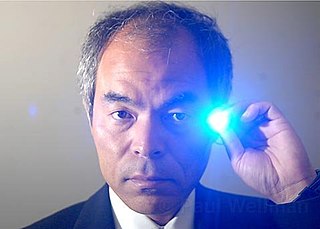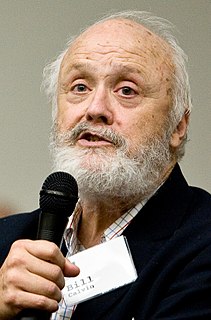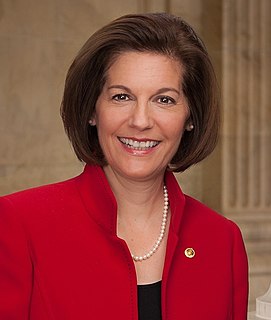A Quote by Shuji Nakamura
The promise of energy savings, reduced carbon emissions and affordable lighting was there from the inception. The proliferation of the technology into areas such as displays, automotive, medicine and horticulture was unexpected.
Related Quotes
An increased push for energy efficiency, renewable energy technology, electric mobility - along with the growing digitalization movement and a universal carbon pricing structure - would speed up the carbon-free future and the rise of a global middle class we desperately need. We can and must all do our part.
The transition from coal, oil, and gas to wind, solar, and geothermal energy is well under way. In the old economy, energy was produced by burning something - oil, coal, or natural gas - leading to the carbon emissions that have come to define our economy. The new energy economy harnesses the energy in wind, the energy coming from the sun, and heat from within the earth itself.




































